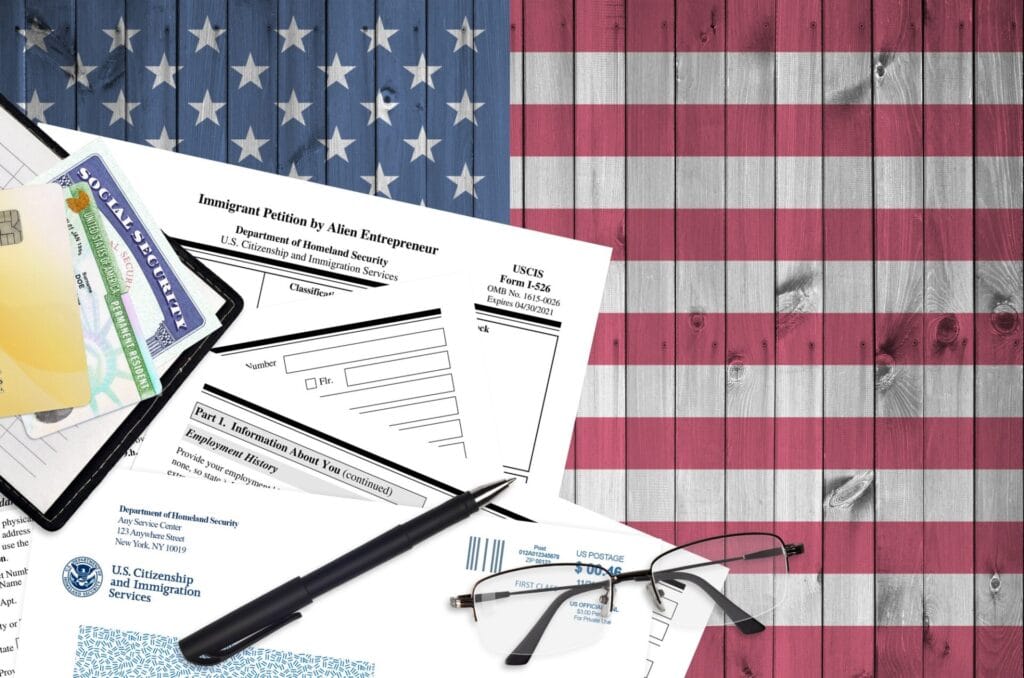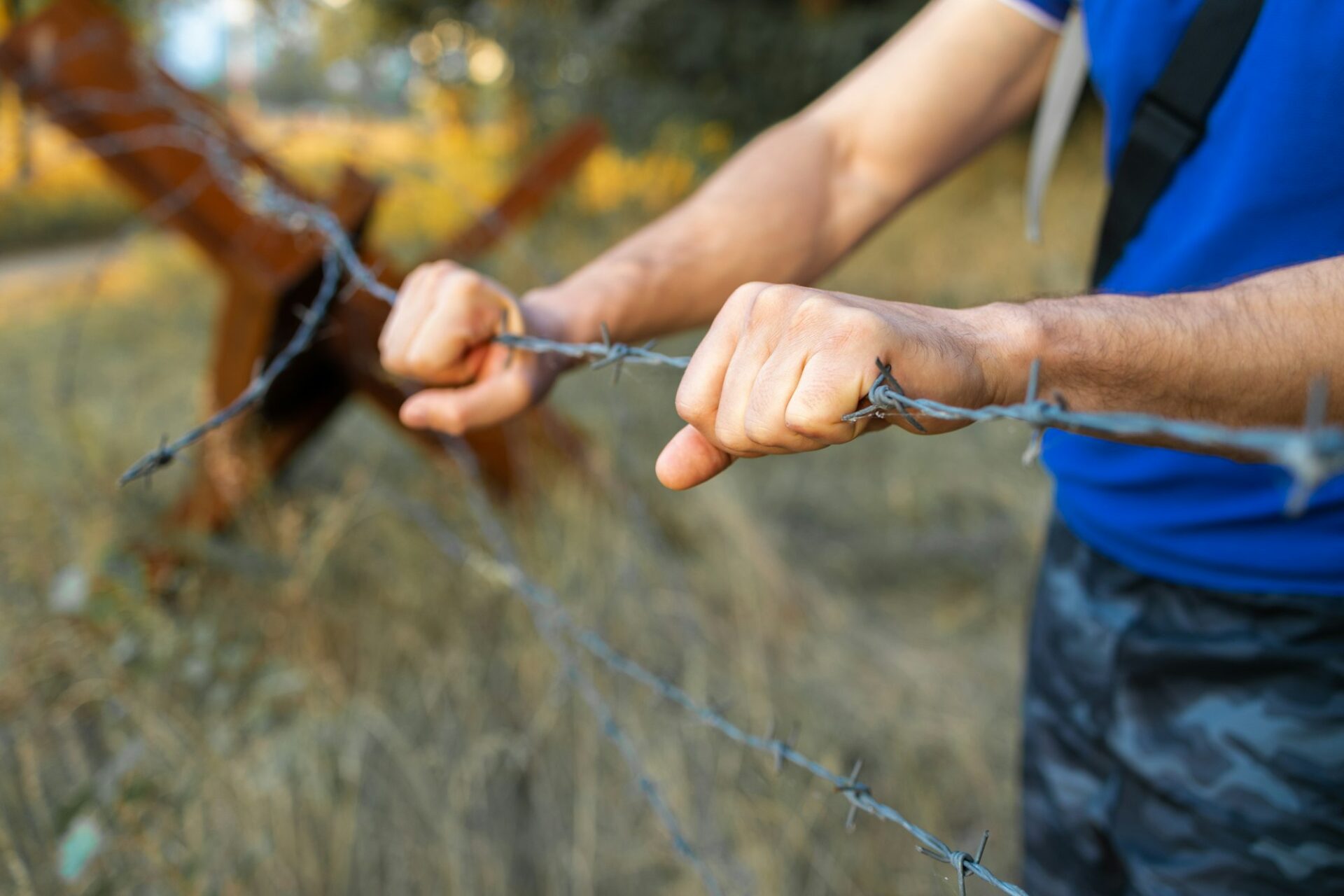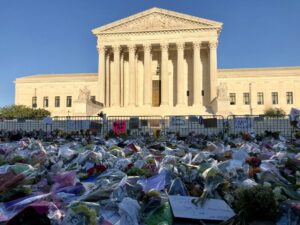People hate politics. Everything I needed to know about the political climate in America, I learned on my recent trip to El Paso.
My daughter’s husband is in the United States Army stationed at Fort Bliss in El Paso, Texas. Together with their three children and my eldest son, they have spent the last two years building a nice little life for themselves in a land of no trees, painted grass, and idol worship of the color brown. While there, we toured many different places in and around El Paso, including the border wall.
People hate politics and political disagreements
My eldest son and I have long since discovered we rarely agree politically. We’ve learned to navigate our extreme differences of opinion through wit and a great deal of sarcasm.
My daughter and her husband rarely discuss politics because people hate politcs. The Commander in Chief is his boss, she prefers anarchy and chaos. The presidential race has never impacted our life or how we view one another.

We had dinner with a group of their friends who had not yet learned how to navigate a politically adversarial conversation. I thought the hosts, a husband and wife, were going to come to blows over which presidential candidate had the dumbest quote that week.
All the while, me and mine were texting with our phones under the dinner table, laughing at them. I simply cannot buy into the concept that voting for a singular person means embracing all of their beliefs. A political candidate, in my view, is often a mixed bag of ideas, some of which align with your values, while others don’t. Supporting one doesn’t mean adopting the entire package.
People hate politics because it divides us
When we went to the border wall, what surprised me the most wasn’t the wall itself— which is sadly underwhelming— or the barbed wire in sections between the wall and the river, but the people and programs available to help those coming through. El Paso’s response to the border issue defied the stereotypical image I had.
Various humanitarian organizations, such as Annunciation House, provide shelter, food, and support for immigrants, regardless of how they arrived. FEMA funds have been allocated to help many of the Venezuelan migrants get transportation and legal assistance as they seek to build better lives. These programs, coordinated with local government and volunteers, work to process and care for those arriving with nothing. I regret painting Texas with one broad brush.
For the last eight years, I’ve continuously read horror stories about border towns being overrun with criminals. There are reports of cartels using drones to drop drugs over the border. While this may be true elsewhere, it wasn’t true for El Paso. The narrative that these towns are chaotic and dangerous didn’t match what I saw. Compassion and common sense seem to be the driving force behind the programs designed to assist people who often have no resources at all. This is why people hate politics.
Politics are ruining a good thing
That said, I recognize that not all border towns are like El Paso. Some areas may be overwhelmed by the number of people arriving or the challenges they bring. I don’t deny that complex problems exist at other parts of the border— from drug trafficking to overburdened infrastructure— and these issues need addressing.
However, witnessing El Paso’s approach showed me that humanity can still be prioritized, even in difficult circumstances. The political landscape may be divided on how to solve these problems, but seeing El Paso’s compassion was a reminder that empathy doesn’t have to be sacrificed for security.
If a border town, with a military base smack in the center of it, can find its humanity, the rest of us have no excuse.
Read more of my thoughts and things.







